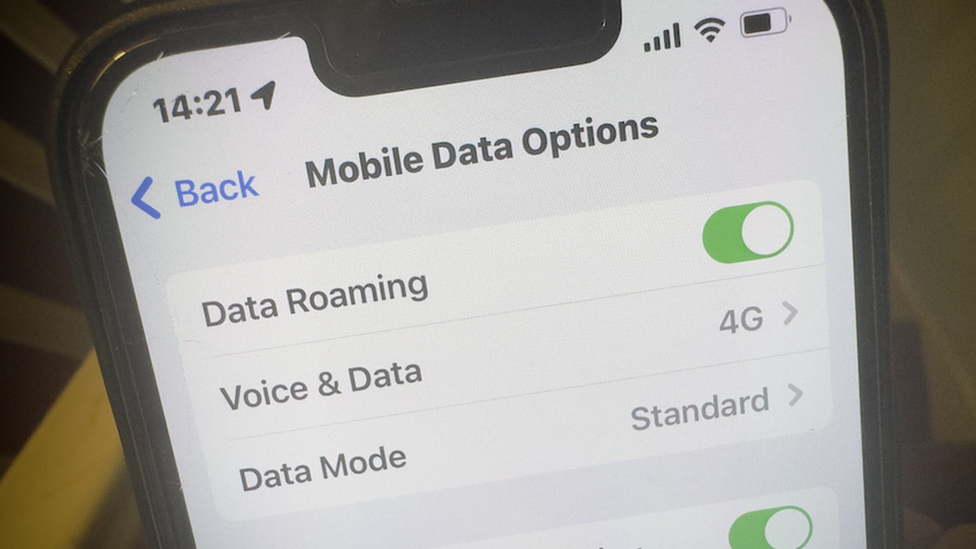Banning smartphones helps learning, say educators
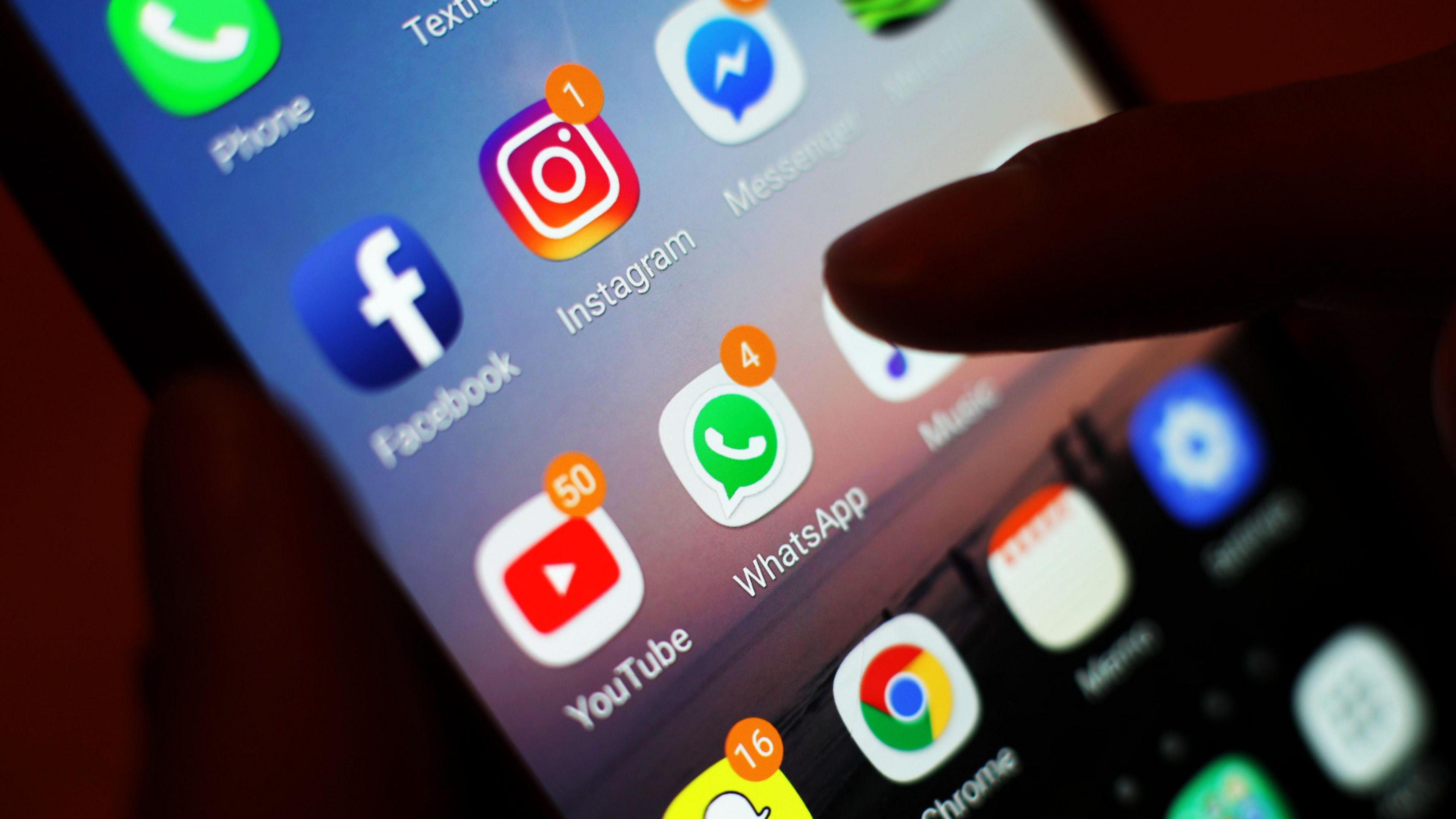
Jersey's children's commissioner is among those who think the use of smartphones should be monitored but they have their place in schools
- Published
Banning smartphones in schools has a positive effect on students' learning and emotional wellbeing, Channel Island educators say as some call for a blanket ban.
Over the last few years the majority of secondary schools in Guernsey and Jersey have adopted policies to prohibit or limit young people using devices during school time.
However, politicians have not issued a legal ban on using smartphones in schools - instead focusing on issuing guidance to limit their use.
Jersey's children's commissioner is among those who think the use of smartphones should be monitored but they have their place in schools.
Harmful online content
Last year Unesco, external also called for smartphones to be banned from schools after their use was linked to reduced educational performance.
In February, communications regulator Ofcom found nine in 10 youngsters in the UK own a mobile phone by the time they are 11.
The regulator said more should be done by social media companies and caregivers to protect children from harmful online content.
Daniele Harford-Fox, principal of Guernsey's Ladies College, said: "I absolutely think mobile phones, in under 16s particularly, should be banned in schools.
"Social media companies are creating algorithms that are keeping us addicted to our phones and we are seeing this dramatic rise in mental health and wellbeing problems in young people.
"So for me there is no question that for eight hours of the day at least I can protect children from that exposure and I am going to do it."
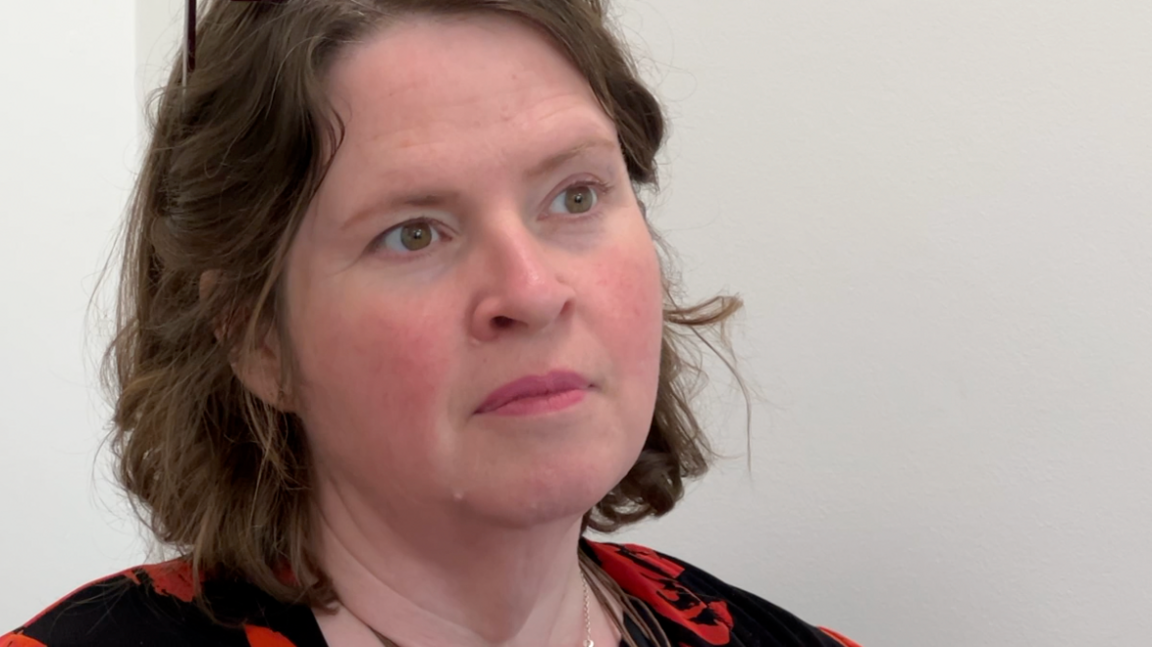
Daniele Harford-Fox, principal of Guernsey's Ladies College, said a smartphone ban protected students from online harm
She added since controls had been put in place at the college it was calmer - with the move "allowing for more play" and connection between students.
While many parents give children phones because they want to be able to contact them or to track them via their mobile, Ms Harford-Fox said they always have the option to contact their parents by coming to the school office.
Liz Coffey, executive principal of the Secondary School Partnership in Guernsey, said the island's four States-funded high schools have enacted a similar policy.
She said: "There is a consensus amongst our principals that it works well, however, we regularly review it to consider if any additional measures would be helpful."
'Strike a balance'
Deputy Rob Ward, Jersey's Minister for Education and Lifelong Learning, said it was key parents and guardians took their lead from schools.
He said: "Think very carefully about what access you have giving your child away from school.
"The majority of schools do not allow the use of phones in schools and we need to have that relationship between the parents the child and the school so we can advise about what to do to use phones safely."
Dr Carmel Corrigan, Jersey's Children's Commissioner is among those who think the time for banning smartphone technology has passed.
She says there's a "huge amount of positive things" smart technology can be used for, from improving "safety, educating and forming social contacts".
She said: "We have an entire generation of children who don't know anything other than that.
"We need to strike a balance between online safety and what we can do to protect children from the harm that is there while also allowing them the opportunities that it provides to help and inform."
Follow BBC Guernsey on X (formerly Twitter), external and Facebook, external. Follow BBC Jersey on X (formerly Twitter), external and Facebook, external. Send your story ideas to channel.islands@bbc.co.uk, external.
Related topics
Related internet links
More stories about smartphones
- Published4 February 2024
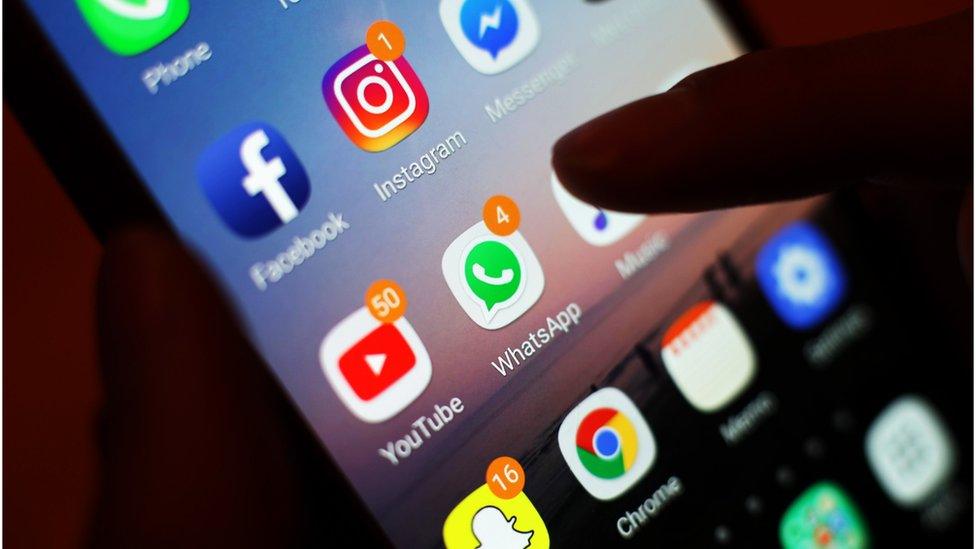
- Published28 December 2023
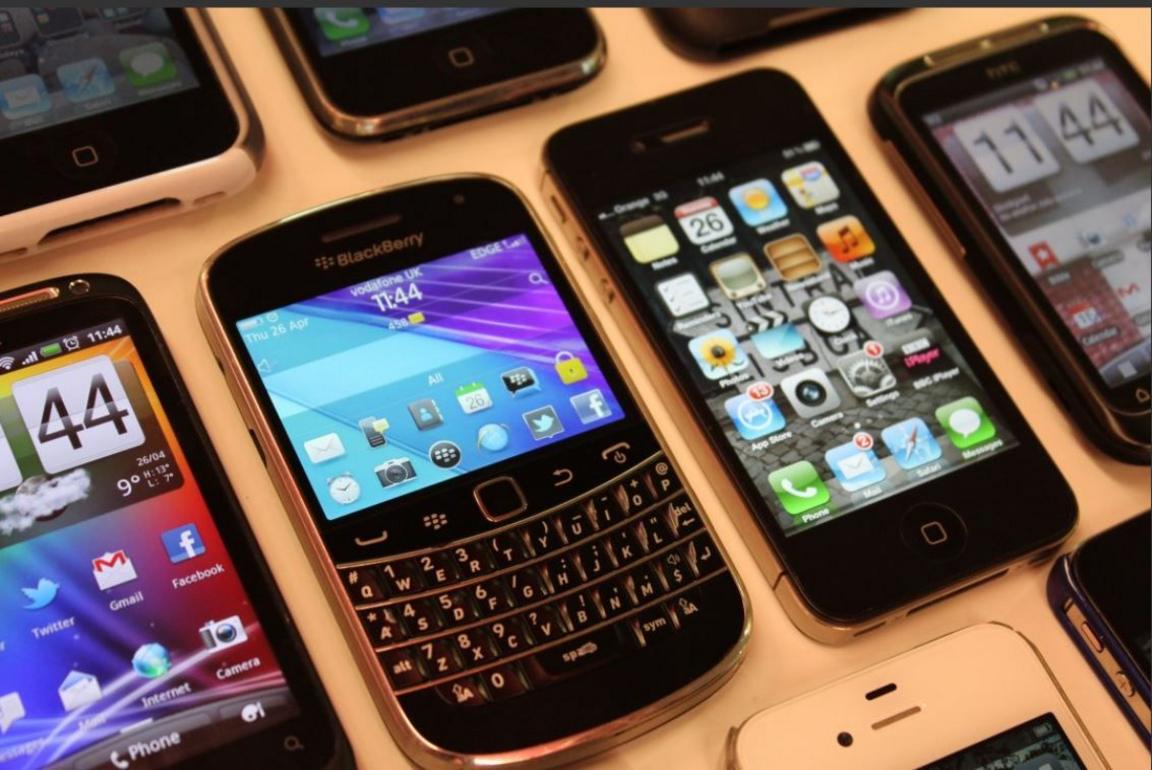
- Published31 October 2023
